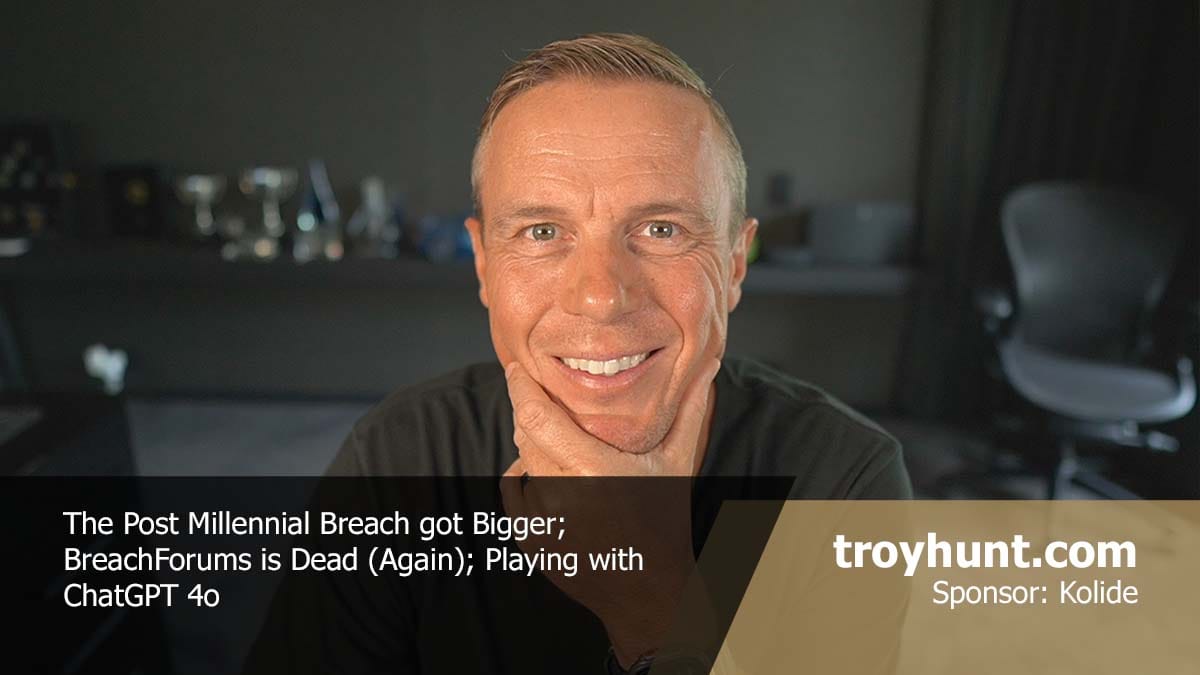
Afterpay is using four key platforms to help new members of its customer service teams to get up to speed quickly and be serving customers with the same skill, quality and efficiency of a tenured staff member.

AfterPay learning experience designer Rebecca Philips at Zendesk Showcase.
Learning experience designer Rebecca Philips told a recent Zendesk Showcase event that all team members have access to Zendesk, Playvox, Maestro QA and Lessonly as part of their work.
Philips said that Afterpay predicts customer trends and manages its workforce through Playvox; monitors agent performance with MaestroQA; allocates skills training sessions through Lessonly; and provides agents with personalised, omnichannel, customer-service delivery tools through Zendesk.
When Afterpay selected the systems it used to build its employee learning strategy it prioritised interoperability, Philips said.
Systems’ user-friendliness and capacity to provide comprehensive, performance data hinged on how smoothly they integrated, she added.
Philips said that the questions Afterpay asked when selecting systems included: “How effortless is it for us to integrate it? To utilise it? To upskill our team members with it? And also for us to pull data and analytics to know that it is actually successful?”
Delivering courses on Lessonly
The buy-now-pay-later provider relies on the suite of tools to meet its extremely demanding expectation that “new team members be at the skill of tenured team members straight out of induction.”
“We know that’s not something that’s doable from a lot of team members’ perspectives,” Philips said.
“It’s also a lot to ask from new team members who just learned new processes, new systems and started with a new business.”
Afterpay uses the Seismic-owned Lessonly platform to manage both onboarding and reskilling.
“As a business, we’re evolving constantly; we have new products; new systems, new services; new integrations; How do we keep our learners up to date?” Philips said.
Afterpay evaluates the training sessions through metrics like course completion rates and impact on agents’ and teams’ performance and productivity.
The team leaders who deliver the courses also complete their own teaching courses.
“We also keep our trainers and our delivery partners competent and able to deliver our inductions,” she said,.
Training sessions run both virtually and on-site, Philips added.
“We don’t always have members on site to have face-to-face training. So this is a great platform to allow our team members to jump on and do their learning.”
Philips said Afterpay uses Lessonly to deliver both several-day courses and short modules for specific skills.
She added that the company is starting to offer micro-learning courses internally to boost skills development opportunities.
Team leaders can allocate courses to agents, or agents can self-select from a list based on skills they wish to develop.
Managing the workforce on Playvox
Afterpay uses Playvox to forecast its contact centre staffing needs Philips said; forecasting demand and scheduling support staff accordingly has been especially challenging for the company.
The company has had to set up new contact centres in new regions like Manchester, UK and the Philippines to keep up with its rapidly expanding user base; the business is also too young to have amassed comprehensive historical data for predicting customer service trends.
When the difficulties of managing staff were exacerbated by work-from-home requirements in the pandemic, Afterpay partnered with Playvox.
“Playvox is about having the right input at the right time – so that’s where our workforce management really comes into play. They’re able to have the right amount of team members on at the right time,” Philips said.
By using Playvox to collect and analyse productivity across different teams – highlighting variance in output – AfterPay can also assign the right teams to the right training sessions.
Monitoring performance on MaestroQA
Maestro QA’s quality assurance tools are used to draw even more granular data about support agents’ productivity and to evaluate their interactions with customers.
“This is integrated into Zendesk, which has been absolutely amazing for our quality assurance,” she said.
AfterPay uses Maestro’s screen capture feature to shadow agents’ workflow, track their handling of tickets and assign them training sessions to improve their skills.
“Through screen capture, we’re able to see how our team members are providing that effortless experience, and this is where our coaching comes into it.”
Philips said monitoring the agent workflow helped uncover what they “can improve upon to close the gaps. And then also what they’re doing really well so they can continue doing that.”
Supporting agents with Zendesk
Tasks in the Zendesk Agent Workspace are personalised to each team member, Philips said.
“So if you’re someone who works in the ANZ region, when you come in and log in to Zendesk all you see are the tickets that are available to you from the ANZ world,” she said.
When responding to each inquiry, a customer’s interaction history is automatically fetched from Zendesk’s chat, email, phone records and any other integrated systems and then presented on the AfterPay support agent’s dashboard.






